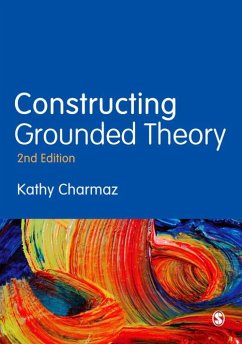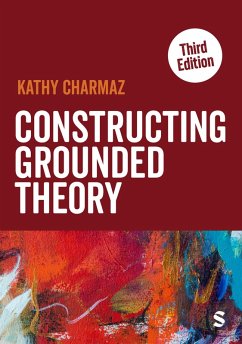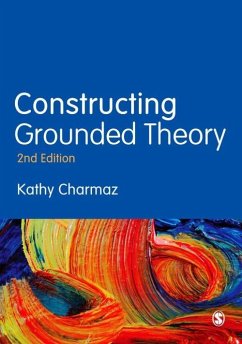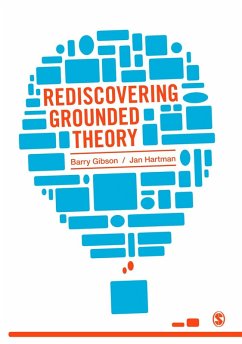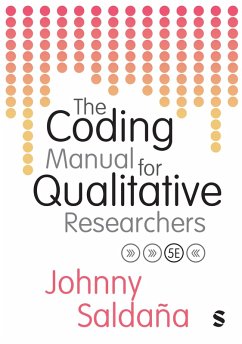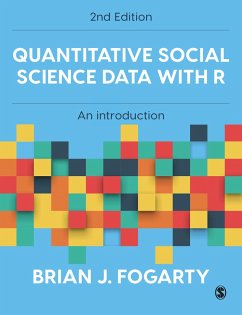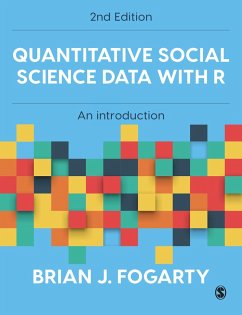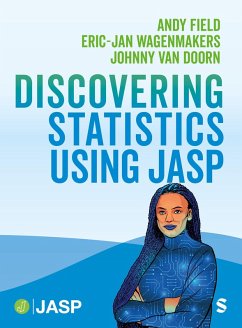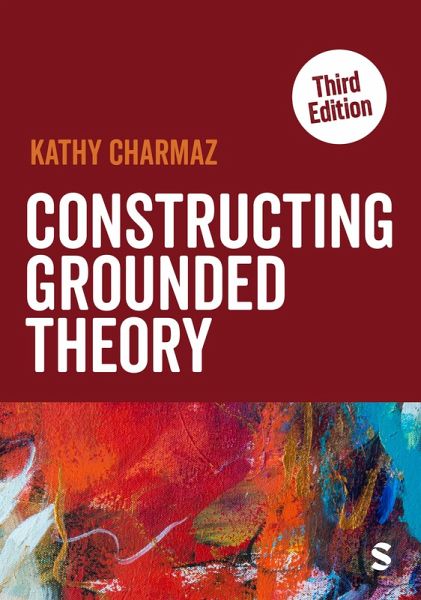
Constructing Grounded Theory (eBook, ePUB)
Versandkostenfrei!
Sofort per Download lieferbar
94,95 €
inkl. MwSt.
Weitere Ausgaben:

PAYBACK Punkte
47 °P sammeln!
This is the definitive guide to doing constructivist grounded theory.From gathering rich data and conducting interviews, to undertaking coding and writing up your study, this down-to-earth book guides you through all the steps you need to do grounded theory research.This revised third edition: Showcases 9 new case studies of grounded theory research in action from scholars across the globe, including Australia, Canada, Japan and the United States. Enables you to see, at a glance, how each chapter will develop your understanding with new learning objectives. Supports you to expand your knowled...
This is the definitive guide to doing constructivist grounded theory.
From gathering rich data and conducting interviews, to undertaking coding and writing up your study, this down-to-earth book guides you through all the steps you need to do grounded theory research.
This revised third edition:
Retaining Kathy Charmaz's characteristic warm and accessible style, this book is essential reading for anyone - undergraduate, postgraduate or researcher - looking to understand and do grounded theory research.
From gathering rich data and conducting interviews, to undertaking coding and writing up your study, this down-to-earth book guides you through all the steps you need to do grounded theory research.
This revised third edition:
- Showcases 9 new case studies of grounded theory research in action from scholars across the globe, including Australia, Canada, Japan and the United States.
- Enables you to see, at a glance, how each chapter will develop your understanding with new learning objectives.
- Supports you to expand your knowledge with new further reading suggestions in every chapter.
Retaining Kathy Charmaz's characteristic warm and accessible style, this book is essential reading for anyone - undergraduate, postgraduate or researcher - looking to understand and do grounded theory research.
Dieser Download kann aus rechtlichen Gründen nur mit Rechnungsadresse in A, D ausgeliefert werden.




